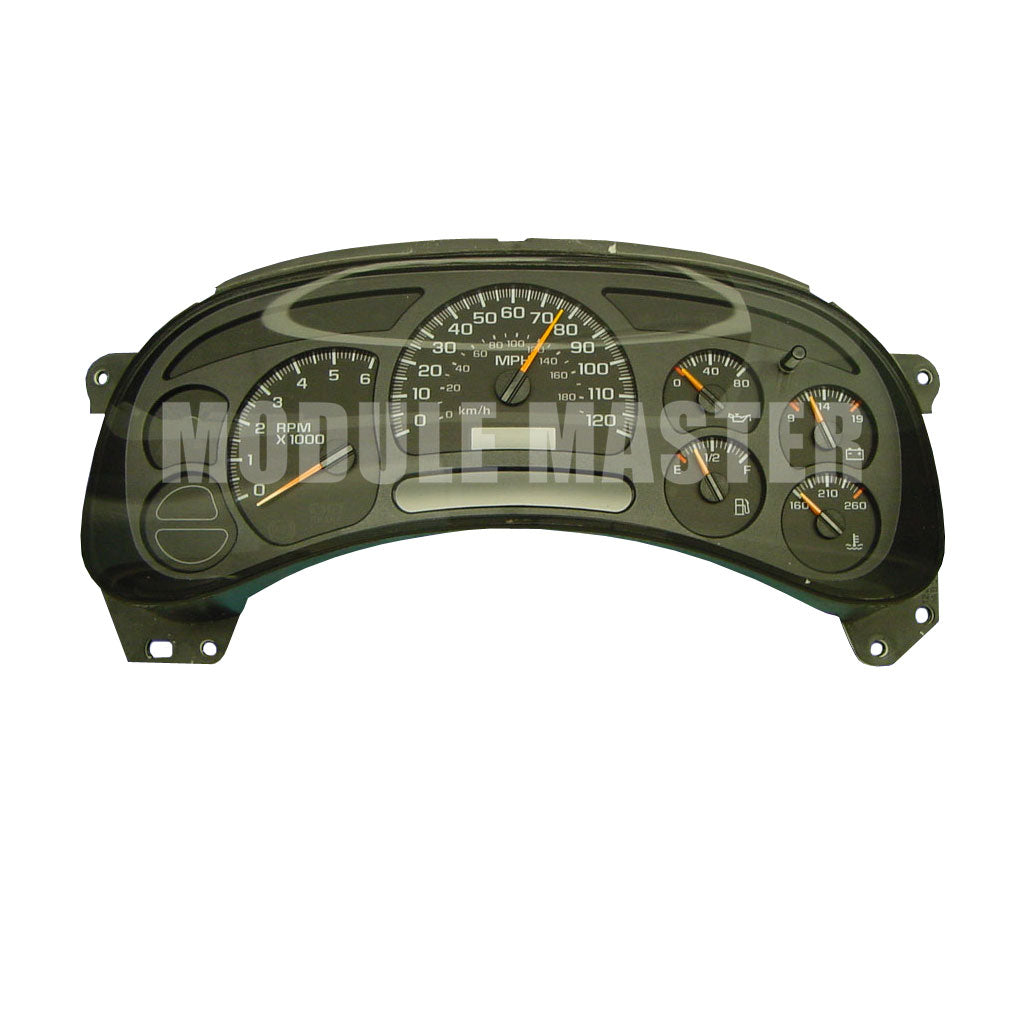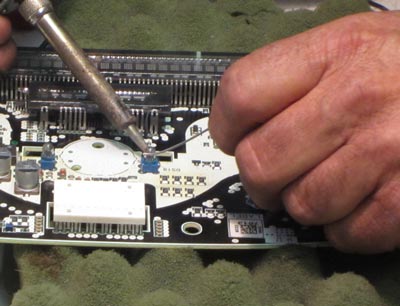Effective Tahoe Instrument Cluster Repair: Get Your Gauges Working Again
Effective Tahoe Instrument Cluster Repair: Get Your Gauges Working Again
Blog Article
Discover Top Techniques for Efficient Automobile Instrument Cluster Repair and Upkeep
In the world of automotive maintenance, the intricate system of an instrument cluster plays an essential role in offering motorists with vital details concerning their vehicle's efficiency. Keep tuned to uncover the top methods that can enhance the process of car instrument cluster repair and maintenance, inevitably boosting your driving experience and automobile efficiency.
Typical Instrument Cluster Issues
Some typical problems may develop with automobile tool collections, impacting their performance and accuracy. One prevalent trouble is a malfunctioning speedometer, which can result in security worries and prospective legal issues otherwise addressed without delay. This concern usually originates from a defective speed sensing unit or harmed electrical wiring, triggering imprecise rate analyses or complete failing of the speedometer. One more constant concern is a non-responsive gas scale, leading to uncertainty about gas levels and prospective unanticipated failures. This issue can be brought on by a malfunctioning fuel level sensor or a defective gauge collection. Additionally, flickering or dark control panel lights are common issues among vehicle owners. This concern may be connected to loose links, a stopping working dimmer switch, or damaged bulbs. These issues can prevent the vehicle driver's capability to keep track of vital vehicle info, emphasizing the relevance of timely instrument cluster repair work and upkeep to make sure optimum capability and precision while driving.
Essential Tools for Repair Work
When addressing common instrument cluster issues such as malfunctioning speedometers, less competent gas assesses, or dim control panel lights, having the necessary tools for repair service is critical in ensuring accurate and effective diagnostics and upkeep. Amongst the main tools needed for automobile tool cluster repair service are an electronic multimeter for testing voltage and resistance levels, a soldering iron for fixing defective components or loosened links, and a collection of screwdrivers for disassembling the collection. In addition, specialized devices like cluster removal hooks may be necessary for securely separating the collection from the control panel.

Diagnostic Methods for Troubleshooting
Making use of innovative analysis techniques is important in successfully repairing issues within automobile tool collections to determine and address underlying problems accurately. When faced with a malfunctioning instrument cluster, technicians often rely upon analysis tools like multimeters, scan tools, and specialized software program to recognize the origin of the problem. These tools allow specialists to access the cluster's internal systems, obtain mistake codes, and do system tests to identify problems effectively. Additionally, methods such as circuit screening, voltage checks, and signal analysis play an important role in Check This Out diagnosing complex digital faults within the instrument collection. By adhering to organized diagnostic procedures and translating diagnostic results properly, professionals can streamline the troubleshooting process and make sure the correct functioning of the instrument cluster. Routine visit here training and staying upgraded on the most up to date diagnostic technologies are necessary for professionals to successfully fix contemporary instrument collections with innovative functions. A detailed analysis technique not only conserves time however also advertises precision in resolving and identifying tool cluster problems immediately.
Cleansing and Upkeep Tips

Software Application Updates and Calibration

Calibration is another essential aspect of preserving your car tool collection. This process involves changing the setups and criteria within the software application to make certain that the presented information, such as speed, gas degree, and temperature level, is exact and reputable. Correct calibration not just enhances the user experience however likewise adds to safety and security on the roadway by providing chauffeurs with reputable and precise data.
To guarantee that your car instrument cluster works efficiently, it is suggested to comply with the supplier's standards relating to software program updates and calibration periods. By remaining positive in these areas, you can make the most of the effectiveness and life-span of your instrument cluster.
Conclusion
In conclusion, efficient auto tool collection repair and maintenance need an extensive understanding of common issues, essential devices, analysis techniques, cleaning approaches, and software program updates. By using these techniques, specialists can effectively settle and fix instrument collection issues, guaranteeing exact and reliable performance of the car's control panel display. Normal upkeep and calibration are key to avoid future problems and ensuring the correct functioning of the instrument collection.
When dealing with usual instrument collection problems such as malfunctioning speedometers, less competent fuel evaluates, or dim dashboard lights, having click to read more the necessary tools for fixing is vital in guaranteeing reliable and exact diagnostics and upkeep. Amongst the primary devices required for auto instrument collection repair are a digital multimeter for screening voltage and resistance levels, a soldering iron for dealing with loose connections or damaged components, and a collection of screwdrivers for disassembling the cluster. Additionally, specialized devices like collection removal hooks may be needed for securely detaching the cluster from the dashboard.
In conclusion, effective vehicle instrument cluster repair service and maintenance call for a thorough understanding of common problems, important tools, diagnostic strategies, cleansing approaches, and software application updates. Routine upkeep and calibration are vital to protecting against future issues and guaranteeing the appropriate functioning of the instrument cluster.
Report this page